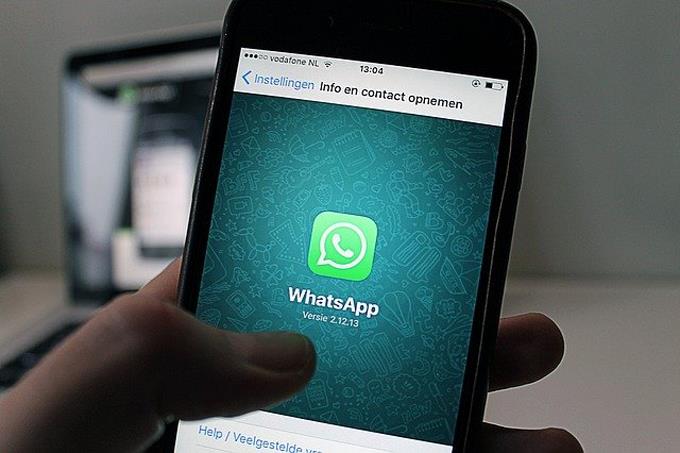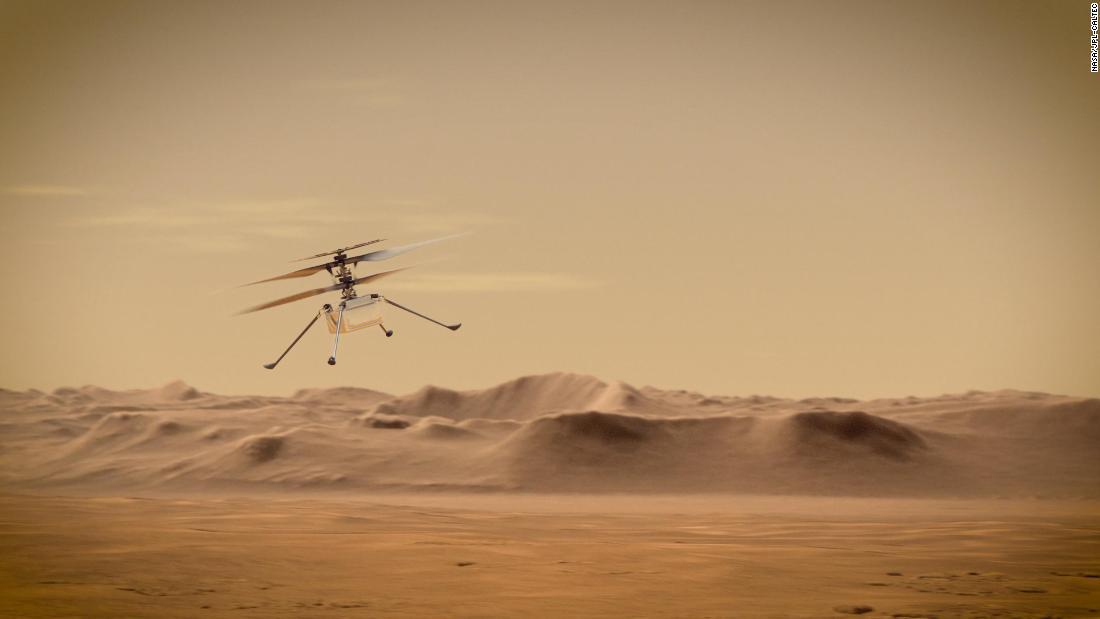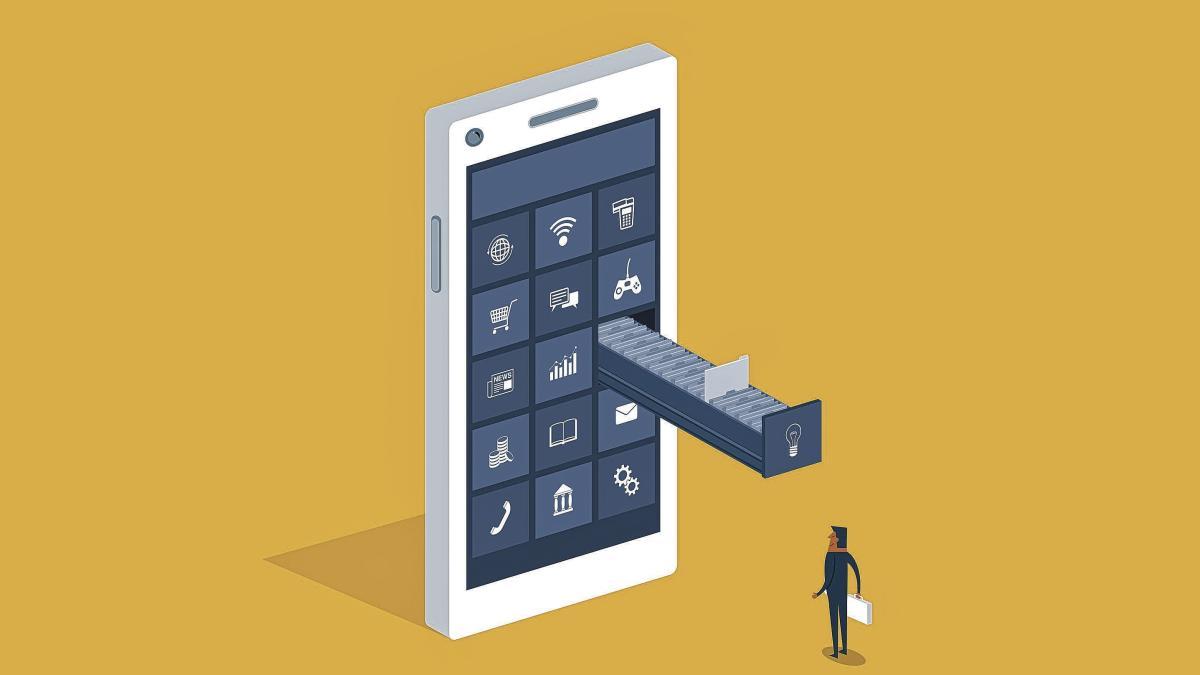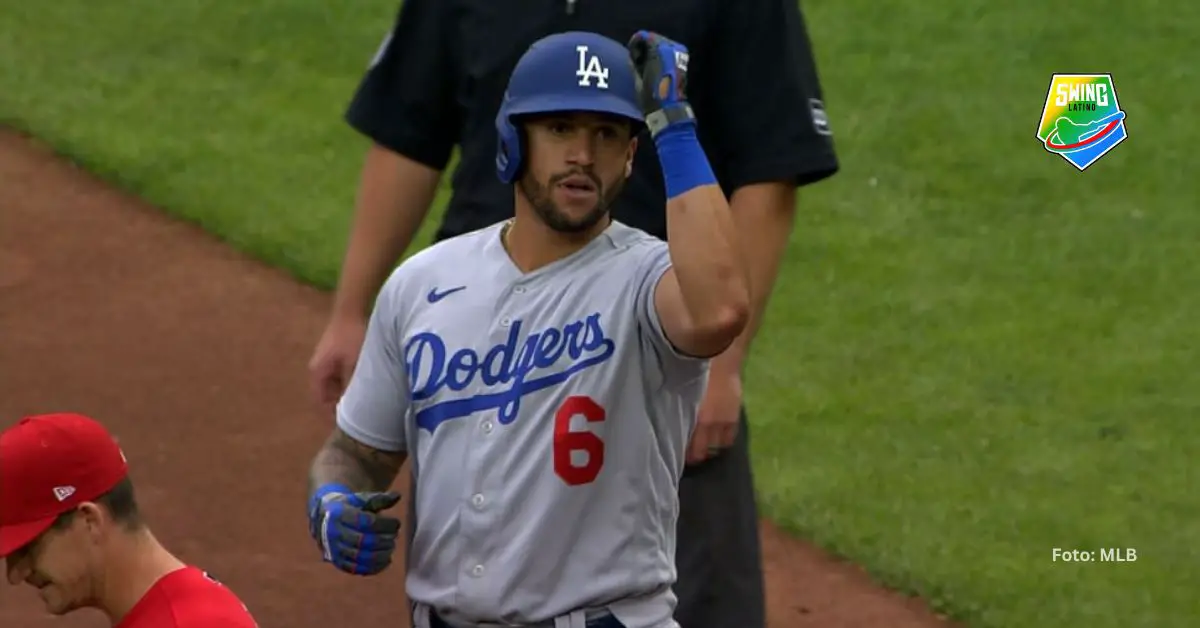The popular instant messaging app WhatsApp announced this Wednesday that users will be able to send photos and videos starting this week, which will only be opened once by the recipient and then deleted.
Named “Take a Look” and this new functionality, the company has received a lot of reviews for its way of moving users’ privacy towards greater control over Facebook’s own processor.
In a post on the corporate blog, WhatsApp gave an example of trying on clothes in a store and sending a photo of someone who wants to know the recipient’s opinion, and another that shared the key WiFi of the Internet network. .
From the application they said that, like the rest of the messages, these images will be encrypted between the sender and the recipient (i.e. they will not be able to open the file if someone interrupts it), but they warned that, however, it is recommended to send them only to trusted recipients.
This is because, even after deleting the images once seen, the recipient always has the option to take a screen shot from their phone or take a photo of the image from an external device.
In both cases the image provider will not be notified.
This has led to a misconception among cyber security companies that they may give the provider a false sense of control.
“The fact that this functionality is compatible with screen shots is an inconvenience to the parent company Facebook, because, despite the warning, it affects the user for cyber crimes such as sexual harassment and extortion,” said Herve Lambert, a spokeswoman for Panda Security.
To send a photo or video in “Take a look” mode, you have to press the button with the number 1 that appears at the bottom right of the screen before sending, an option that WhatsApp guarantees will be available to all users throughout the week
Once the image is viewed by the recipient, an “open” message will appear, which will not be displayed again and will not be stored in the recipient’s photo gallery.
Also, if the recipient does not open the image within 14 days of sending, the image will also disappear. EFE





